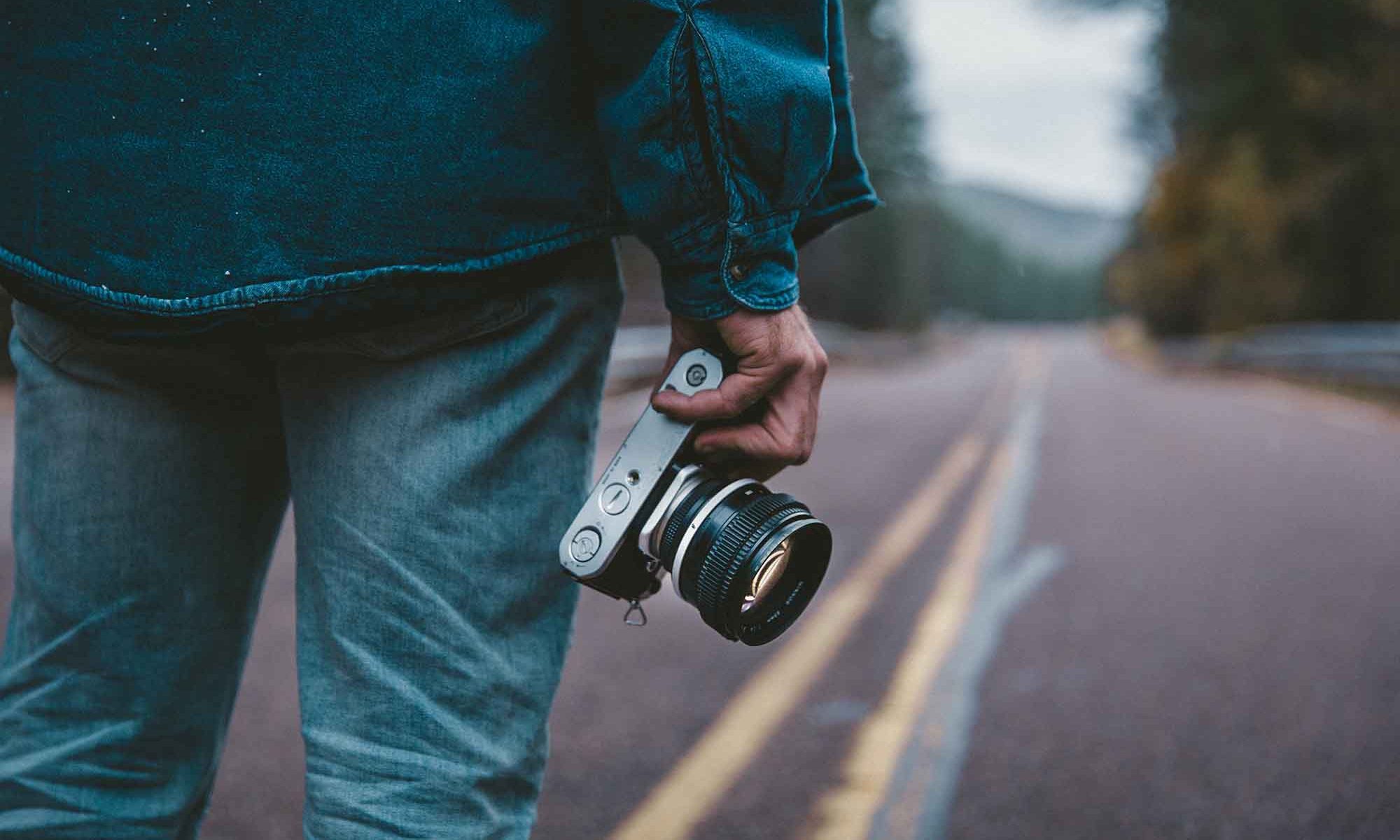
A few weeks ago, I had the pleasure of going to the Civilian Art gallery here in DC, to the opening of a show by Hasan Elahi. Elahi, a Bangladeshi-born American artist and Rutgers professor, was held and interrogated by the FBI for several days in the wake of 9/11. Even after being released, his name appeared on terrorist watch lists. In response to this nightmare, he did something unusual, he opened up his entire life to scrutiny and self-surveillance. He created a project he dubbed Tracking Transience: The Orwell Project, taking pictures and keeping records of everything, from the hotel rooms he’s stayed in, to the food he’s eaten, to urinals he has known (see above). In the gallery show, and on his website, GPS location shows his whereabouts at all times. The effect of all this is unnerving, and sad, “lifecasting” as desperate survival strategy.
Clive Thompson has a piece about Elahi is the latest Wired (June). And on the Provisions Library blog, Signal Fire, Niels Van Tomme has an interview with the artist. The Civilian show closes this Friday (June 9).
So, after being determined innocent of any wrongdoing, Elahi is left alone now, right? Wrong. Here’s what he says about his current status (and his feelings about America) on Signal Fire:
“I get harassed still to this day– every time I fly through Kennedy airport I get taken in for hours. Other airports are hit or miss. To be honest, I have very good reason not to live here after all this, but remain here. This is home, this is where I grew up, I’m an American citizen and this is my country. So it does pose a very interesting question when your idea of the country does not necessarily reflect your government’s policies. I am certainly indebted to the US for what I’ve established here with my citizenship, it would’ve been impossible growing up in a small village in Bangladesh. On the other hand, I don’t agree with what our government is doing and that’s one of the reasons I’m doing this project.”
